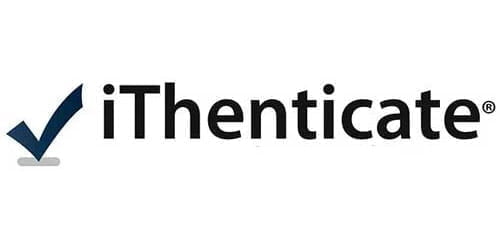Ebrahem Ali Elburase; Omar Ismael Al-Sanjary; Zurida Ishak
Abstract: The massive open online course (MOOC) is a specific area of development in distance learning, which consists of world-wide participants who have access to the course via the Internet with no formal accreditation. These courses are massive in the sense that they can attract thousands of participants (Martin, 2012). In this regard, this study tries to fill the gap of the lack of higher education output achievement in Libya by adopting the MOOCs. The important methods of several quantitative studies are the utilization of tools like surveys to gather data and improve on feasible theory to analyze the statistical hypotheses that respond to the questions of research. The total population of this study is the Libyan students in the university of Tripoli city. Identifying the proper sample size for a study is able to give a wide perception toward answering the study question. Several previous studies have paid attention toward determining the optimal sample size for research. The total students at Tripoli University are 74,450 students. According to the current study, it was found that there are significant and positive relationships between Internet Discussion, Technology Access, Motivation, and readiness for MOOC. Stating that correlation values for the variables were (0.273, 0.289, and 0.268).
[ FULL TEXT PDF 1-12 ] DOI: 10.30566/ijo-bs/2019.123









